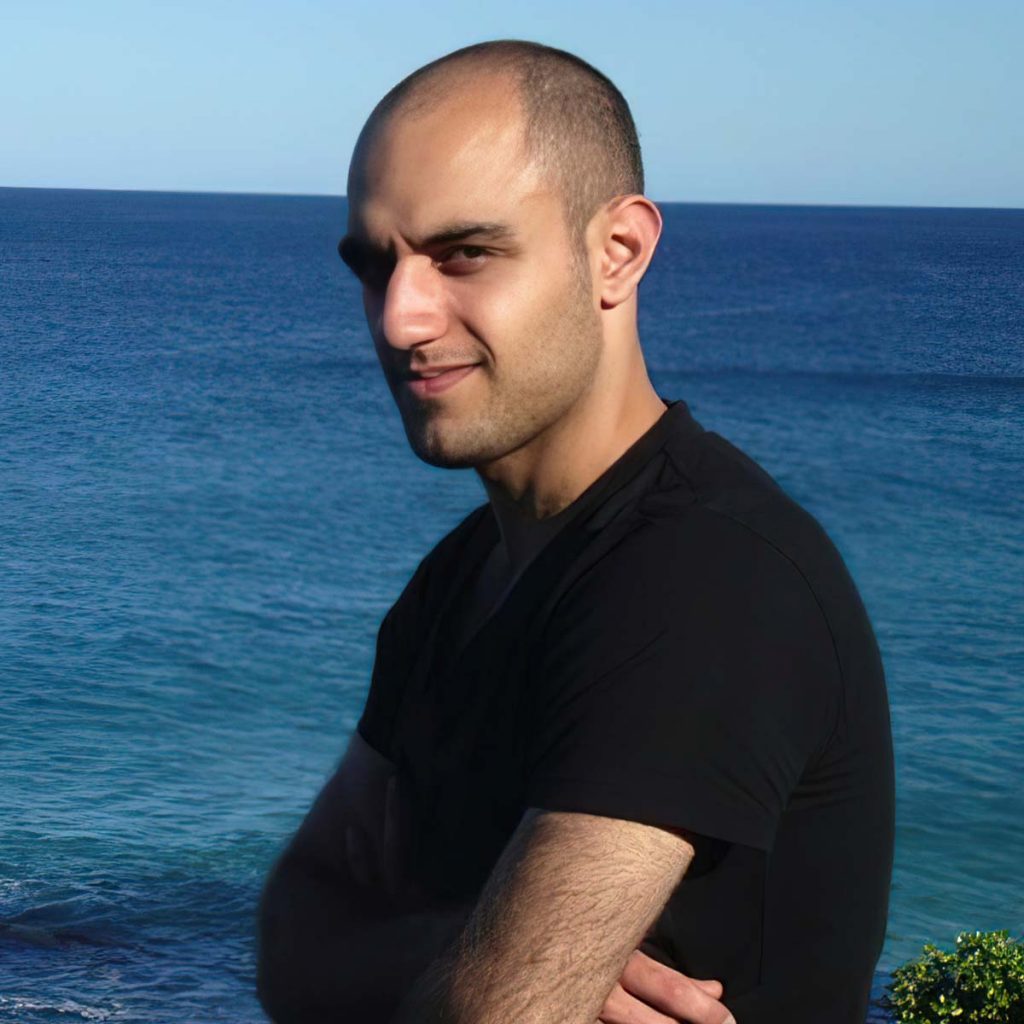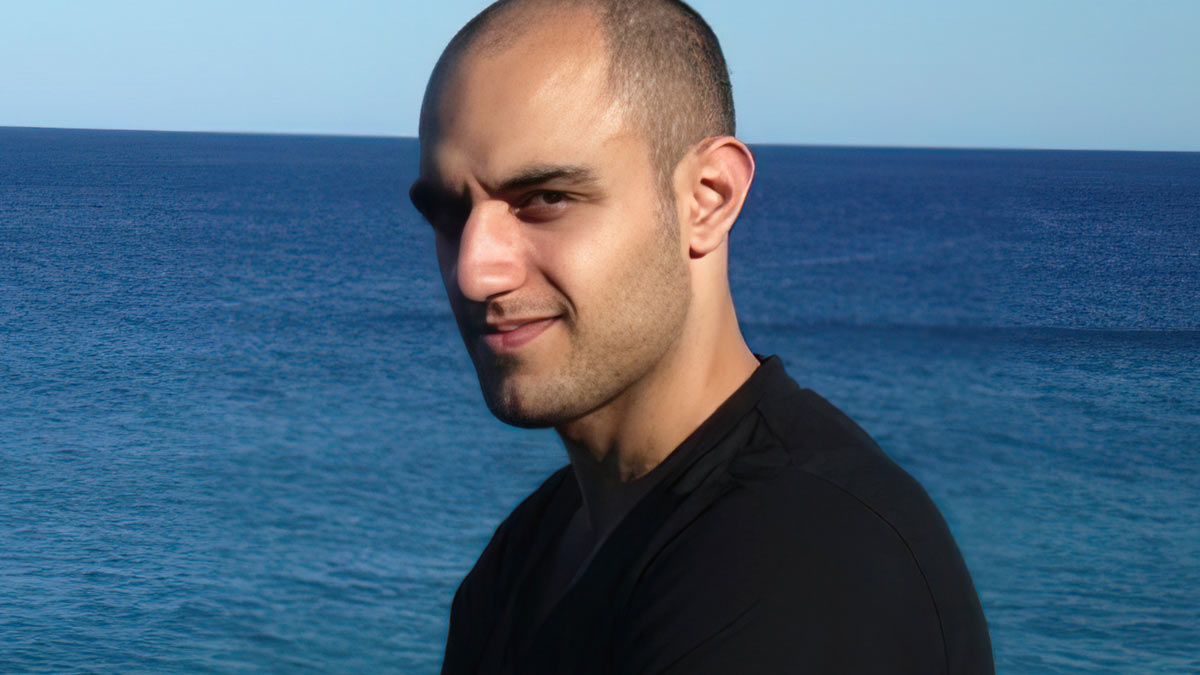Confessions of a Control Freak – Part 10: A Tug-of-War
Confessions of a Control Freak is a memoir blog series exploring the impact of Obsessive Compulsive Personality Disorder, its origins, and the rocky path to recovery. Names and identifying details have been changed to protect the privacy of all featured individuals. Subscribe to receive all future posts. More about OCPD here.
I
Long after I moved out of my parent’s home, the methods of survival I’d developed endured.
The drive to find safety and self-worth in rules, rigidity, and productivity only intensified with each passing year, becoming like a sea wall against an ever-hungry tide of uncertainty.
When others condemned my neurotic behavior, assailing the castle of my mind, I retreated into the inner sanctum of solitude.
Sure, I might have independence now, but my freedom was not total.
Though I might have removed my parent’s critical voices, I had somehow internalized them in the form of a malignant bully who forever questioned, undercut, and gloated.
“I told you so, I told you so,” he would shrill, the instant misfortune struck.
Everyday decisions seemed fraught with the possibility of crushing failure, and by extension, annihilation.
If I overspent, I wouldn’t be able to pay bills or everyday expenses. If I couldn’t pay bills, I would end up homeless and destitute.
And so I ran, on and on, towards what I didn’t know, and away from a terrible secret. Something had happened to me, to my family, something for which I didn’t yet have a name.
My flight left me oscillating between depressive collapse and anxious over-functioning.
No longer did I live in the present. Rather, my head was now forever lodged in a catastrophic future, while my body was reduced to a mere vehicle for never-ending prevention work.
Pursuing my zillionth degree or writing the latest novel, I would later realize, was less a question of passion than sandbagging doors and taping window panes against the approaching floods.
Every effort towards which I devoted myself must therefore be in the service of financial security and the semblance of safety.
Yet so long as I continued to go through life in a crouch, burdened with grief I did not understand, that safety would remain elusive.
Part of the challenge was the inaccessibility of that grief, like a dangerous blade kept behind lock and key; a blade whose mere prick could poison and corrupt.
But that grief could never be completely contained, leaking out instead in the form of strange beliefs: that one day I might completely lose control, go mad, or die having ever been truly understood.
To experience this grief in its totality, therefore, brought the risk of mental obliteration; my dissolution into a human puddle.
Those few times I did weep, emotions did not flow so much as erupt from the faucet at full blast.
Within seconds, however, that flow would cut off, quite randomly. Not now, my brain would tell me. Later—always later.

II
All it took to remind me that this legacy of unresolved trauma, as it turned out, was a visit to my parents on college break.
“Go and get a job,” my mother hollered at me once.
The comment came as a response to my showing her a playful, synth-infused pop song I’d spent some hours throwing together.
According to my mother, the lyrics had been found wanting.
“‘You know you’re treading on thin ice/Everybody loves my sugar and spice’,” my mother jeered. “I mean, what kind of crap is that?”
I mean, okay, it wasn’t my finest work. But come on—I was 19! And how many 19-year-olds are winning songwriting awards?
Old unresolved hurts had been tapped, and my anger surged. Despite having lived out of home for two years now, my mother’s disapproval still carried all the weight it had when I was six.
Yet the same tactics my mother had deployed against me could just as easily turn upon her. So now when slapped, I had begun slapping back.
The first blow from my hand had come in the form of a silent departure when I was 17. Packing my bags, I had left, offering neither of my parents a farewell hug nor a kiss.
“Think you have control over me?” was my intended message. “Well, think again.”
If my folks refused to give me the satisfaction of a reaction, there was gratification alone to be found in the act of slapping in and of itself.
Still, no matter how strong a stance I took, boundaries continued to be encroached upon, and resentment fanned anew.
Upon discovering I had asked the hairdresser for a mini mohawk, my mother’s critique was immediate.
“What were you thinking?” went the demand.
Prompted by a round of unprovoked needling one time when I was helping my mom in her restaurant, I snapped.
“You’ve already lost one son,” I spat. “Do you want to lose the other one?”
Not, admittedly, my finest moment, but I was desperate. Nothing, it seemed, was getting through to my mom.
III
Again and again, we would revert to the old pattern.
During one two-week visit, mom—apparently resenting my freeloading off her hospitality—told me to “get a job”.
At the time, I was on college break, but that didn’t exactly mean I had been loafing around. In actuality, college break was when my workaholism tended to swing into overdrive.
In this case, it meant I was now spending my waking hours juggling multiple creative projects.
Yet my mother’s comments had had their apparently intended effect. My self-confidence thus demolished, I spent the next few days steeping myself in her scorn.
No matter how hard I worked, nothing it seemed would ever be “enough” for my mom.
One morning she found me sitting on the front steps of their house, weeping.
“You know Essy, you don’t seem to be enjoying your stay here,” she declared. “There’s no point staying here if you’re going to be miserable.”
“I’m miserable because you say and do mean things to me,” I said.
“If you want, you can leave early,” my mother continued. “I’ll pay for you to change your flight.”
But this callousness in the guise of care only made me cry more.
My mother’s subsequent withdrawal without acknowledging my words felt like a thousand prior abandonments, and overcome, I donned some boots and went marching off into a nearby thicket.
For an hour, I sat on a log, wrestling with my despair, until my mother—evidently worried by my absence—began calling and texting, trying to entice me home.
Her calls and texts however went ignored, and when I finally did return, I noticed immediately a softening of her tone.
The batch of freshly baked cookies on the counter wasn’t exactly an admission of guilt, but it seemed to suggest some contrition on her part.

IV
The more I learned to divorce myself from parental expectations—to discern my own internal voice from the one I’d inherited—the less content I became with our status quo.
Soon my visits precipitated some form of clash; a collision of views, a savage tug-of-war.
“Essy, when you use the microwave, can you please make sure you clear the timer?” my mother once said.
“Why?” I demanded.
“Because displaying numbers will wear out the LCD screen,” she said. I rolled my eyes.
“LCD…” I muttered. “More like OCD.”
“I am not OCD.”
“Son,” my father began intervening, “don’t argue with your mother. Just do as she says.”
“Even if it’s incorrect?” I replied.
Petty? Sure. But this conflict wasn’t simply about a microwave LCD display. It was about me refuting my mother’s desire for control.
Yes: I wanted the embrace of a family—but only so long as it was on equitable terms.
And for equity to exist, there would need to be some recognition. Healing couldn’t occur until we had first dragged everything we’d left shut out in the dark was dragged back into the light.
The times I did try to broach what had gone down in our household, however, the conversation was quickly shut down.
“We did the best we knew how,” went the refrain.
“We put a roof over your head. You never went hungry.” “There’s no point in bringing any of this up. It’s in the past now.” “We’ve already put this behind us. Why can’t you let this go?”
Discussion of individual wrongs during family gatherings was usually enough to incite return fire, resulting in a kind of battle royale, as each member reclaimed old, familiar positions and dug in.
Breaking the pattern, I realized, was not going to be easy. And the only way I could truly begin the process was by looking beyond the family unit.
Confessions of a Control Freak continues with Part 11: “An eater of poison”.

Essy Knopf is a therapist who likes to explore what it means to be neurodivergent and queer. Subscribe to get all new posts sent directly to your inbox.
© 2025 Ehsan "Essy" Knopf. Any views or opinions represented in this blog are personal and belong solely to the blog owner and do not represent those of people, institutions or organizations that the owner may or may not be associated with in professional or personal capacity, unless explicitly stated. All content found on the EssyKnopf.com website and affiliated social media accounts were created for informational purposes only and should not be treated as a substitute for the advice of qualified medical or mental health professionals. Always follow the advice of your designated provider.


